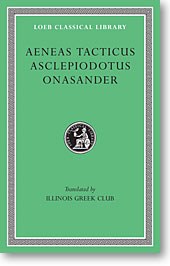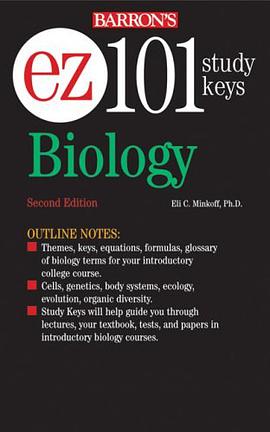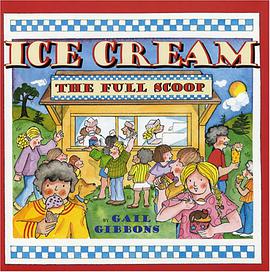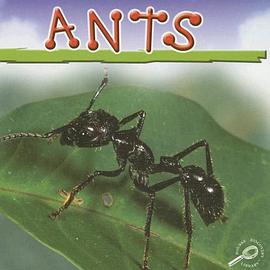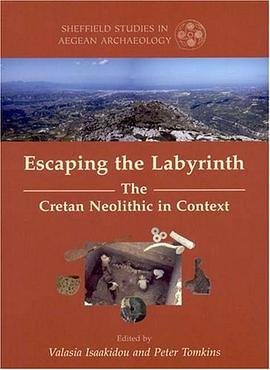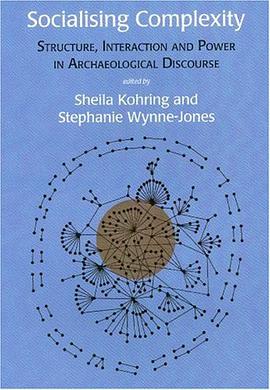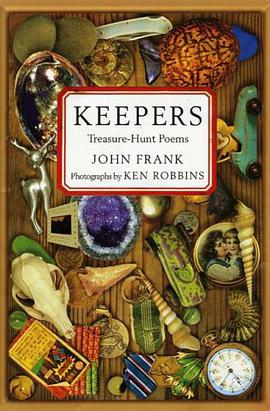

具體描述
Cato (M. Porcius Cato) the elder (234-149 BCE) of Tusculum, statesman and soldier, was the first important writer in Latin prose. His speeches, works on jurisprudence and the art of war, his precepts to his son on various subjects, and his great historical work on Rome and Italy are lost. But we have his "De Agricultura"; terse, severely wise, grimly humorous, it gives rules in various aspects of a farmer's economy, including even medical and cooking recipes, and reveals interesting details of domestic life. Varro (M. Terentius), 116-27 BCE, of Reate, renowned for his vast learning, was an antiquarian, historian, philologist, student of science, agriculturist, and poet. He was a republican who was reconciled to Julius Caesar and was marked out by him to supervise an intended national library. Of Varro's more than seventy works involving hundreds of volumes we have only one on agriculture and country affairs ("Rerum Rusticarum") and part of his work on the Latin language ("De Lingua Latina"; Loeb nos. 333, 334), though we know much about his Satires. Each of the three books on country affairs begins with an effective "mise en scene" and uses dialogue. The first book deals with agriculture and farm management, the second with sheep and oxen, the third with poultry and the keeping of other animals large and small, including bees and fishponds. There are lively interludes and a graphic background of political events.
作者簡介
目錄資訊
讀後感
評分
評分
評分
評分
用戶評價
相關圖書
本站所有內容均為互聯網搜索引擎提供的公開搜索信息,本站不存儲任何數據與內容,任何內容與數據均與本站無關,如有需要請聯繫相關搜索引擎包括但不限於百度,google,bing,sogou 等
© 2025 qciss.net All Rights Reserved. 小哈圖書下載中心 版权所有

